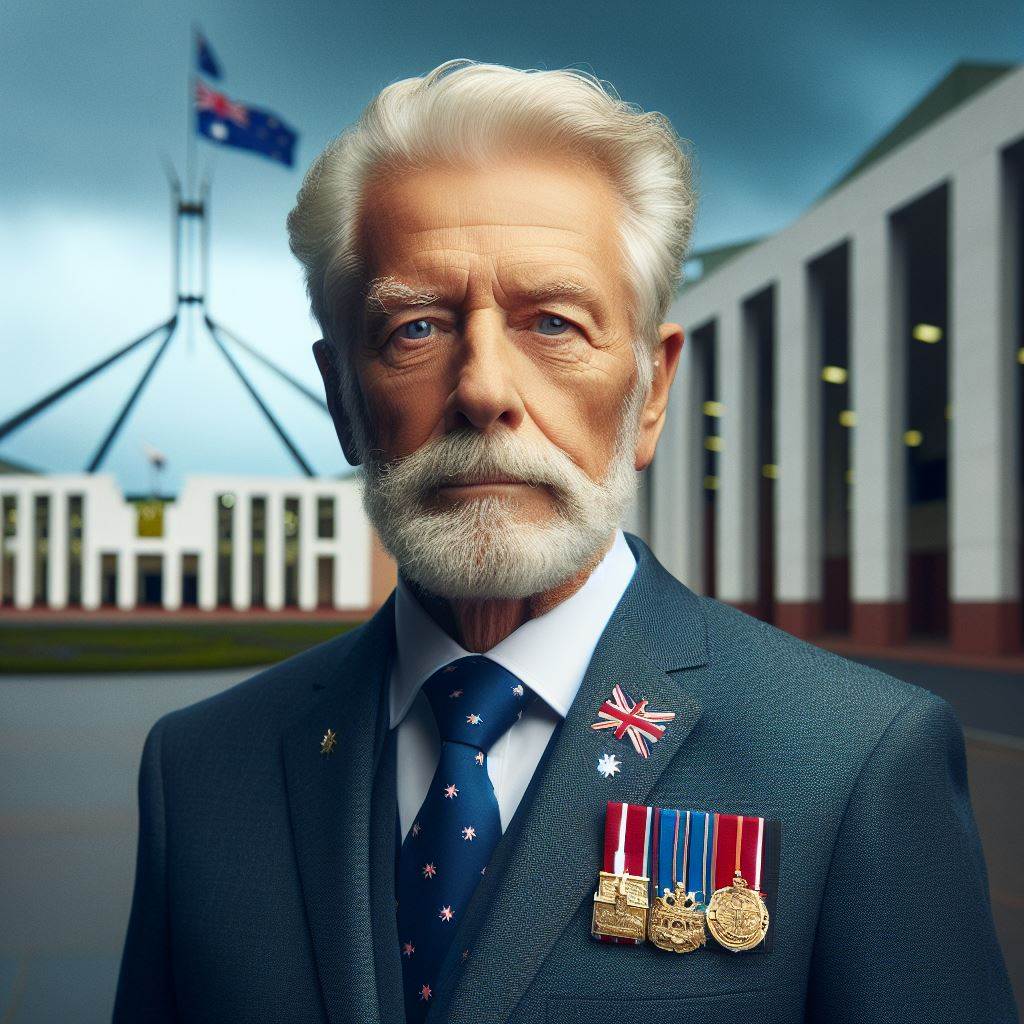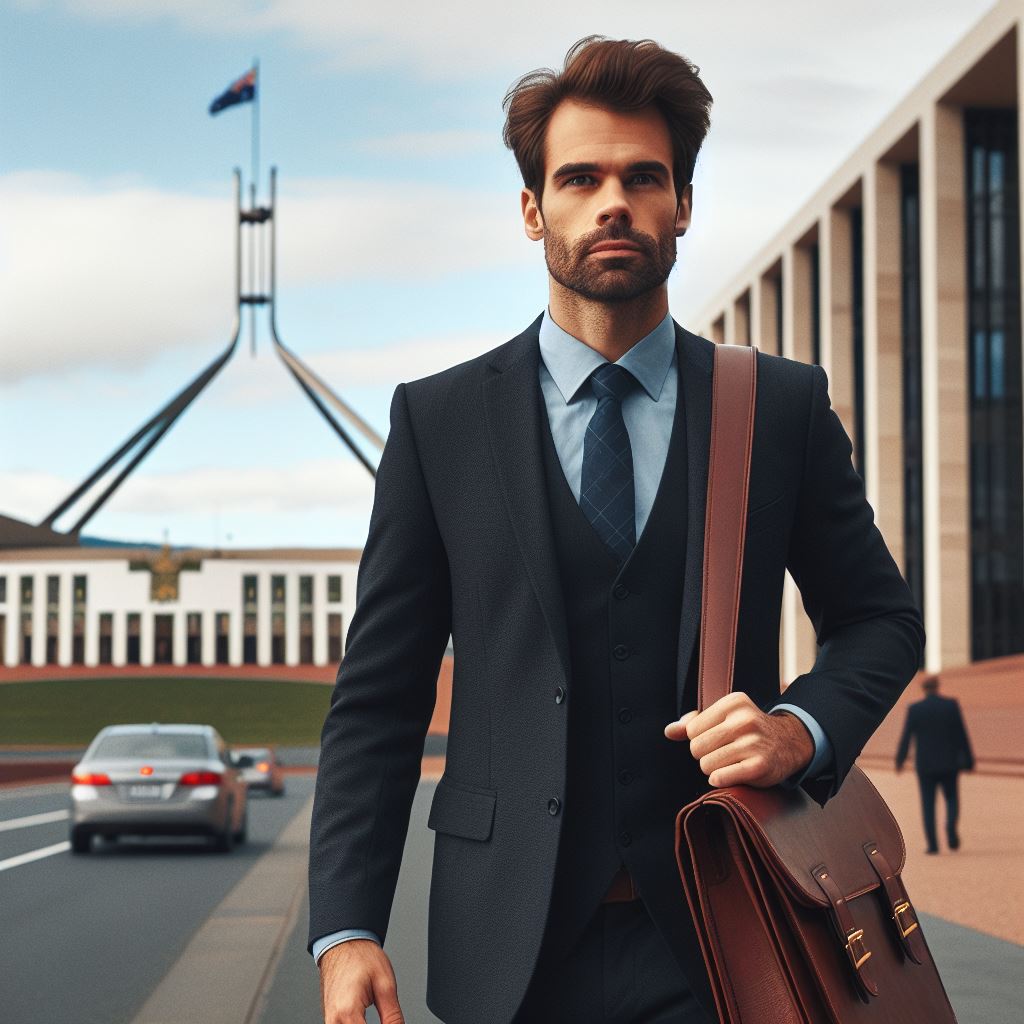Introduction
In the dynamic landscape of contemporary society, the escalating influence of social media stands as an undeniable force, reshaping the way individuals interact, share information, and engage with the world around them.
As platforms like Facebook, Twitter, and Instagram continue to permeate our daily lives, their role extends beyond mere social connectivity, significantly impacting various facets of our existence.
This introduction provides a brief overview of the expansive role that social media has come to play in the intricate fabric of our society.
Social media platforms have evolved into powerful conduits for communication, information dissemination, and community building.
From shaping public discourse to serving as catalysts for social movements, these platforms have become integral components of modern communication.
Their ubiquity has blurred the lines between personal and public spheres, fostering a digital landscape where ideas, opinions, and news flow seamlessly.
At the nexus of this societal transformation lies the profound impact of social media on Australian politics.
These platforms, with their real-time dissemination of information and engagement mechanisms, have emerged as influential players in shaping political narratives, influencing public opinion, and even driving policy discussions.
This blog will delve into the intricate ways in which social media dynamics intersect with the Australian political landscape, examining how these platforms have become indispensable tools for politicians, citizens, and the media alike.
The evolving relationship between social media and Aussie politics offers a fascinating lens through which to understand the contemporary dynamics of information flow, political discourse, and civic engagement in the digital age.
The Role of Social Media in Politics
Definition of social media
Social media refers to online platforms that allow users to share information, ideas, and opinions through virtual communities.
Importance of social media in political communication
- Accessibility: Social media provides a platform for politicians to connect directly with voters, eliminating the need for intermediaries.
- Engagement: It fosters active engagement between politicians and the public, creating a two-way communication channel.
- Amplification: Information shared on social media can quickly reach a large number of people, amplifying political messages.
- Real-time updates: Social media enables politicians to provide real-time updates, making political communication more dynamic and responsive.
Examples of social media platforms commonly used in Australian politics
- Facebook: Politicians use Facebook to share campaign updates, policy announcements, and engage with constituents through posts and live videos.
- Twitter: It allows politicians to share concise messages, engage in conversations, and track public sentiment using hashtags.
- Instagram: Politicians use Instagram to share behind-the-scenes content, showcase their personalities, and connect with younger audiences.
- YouTube: Politicians leverage YouTube to upload and share campaign ads, speeches, interviews, and other video content.
- LinkedIn: While primarily a professional networking platform, politicians utilize LinkedIn to highlight their qualifications, skills, and policy positions.
- Snapchat: Some politicians use Snapchat to provide a behind-the-scenes look at their campaigns and connect with younger voters.
- TikTok: As a rising platform, politicians are starting to explore TikTok to engage with younger audiences through creative and entertaining videos.
- WhatsApp: Though more commonly used for private messaging, politicians also create WhatsApp groups to share updates and connect with supporters.
- Podcasts: While not considered traditional social media, politicians now utilize podcasts to share their views, discuss policies, and connect with listeners.
In a nutshell, social media plays a vital role in Australian politics by transforming the way politicians communicate with voters. Its accessibility, engagement, amplification, and real-time updates have revolutionized political communication.
Politicians utilize various social media platforms such as Facebook, Twitter, Instagram, YouTube, LinkedIn, Snapchat, TikTok, WhatsApp, and podcasts to connect with constituents, share information, and shape public opinion.
The impact of social media on Aussie politics will continue to evolve as technology advances and new platforms emerge.
Read: Understanding Public Sector Pay Scales
Accessibility and Engagement
Increased accessibility to political information
- Social media platforms have made it easier for Australians to access political information.
- People can now stay updated with the latest news and developments from their politicians.
- Through social media, citizens can easily find information about their representatives, parties, and policies.
- Access to this information has empowered citizens to make informed decisions about Australian politics.
- Social media allows for quick and efficient dissemination of political information to a wide audience.
Facilitating direct communication between politicians and citizens
- Politicians can directly connect with the public through social media platforms.
- Social media provides a platform for politicians to engage in direct conversations with constituents.
- Politicians can share their views, respond to queries, and address concerns raised by citizens.
- This direct communication fosters a sense of transparency and accountability in the political system.
- Citizens feel more connected to their elected representatives and have a voice in political decision-making.
Encouraging engagement and participation in political discussions
- Social media has encouraged citizens to actively engage in political conversations.
- Platforms such as Twitter and Facebook allow individuals to share their opinions on various political issues.
- Users can participate in discussions, join political groups, and advocate for their preferred policies.
- This increased engagement has resulted in a more politically aware and active citizenry.
- Political discussions on social media have also helped in shaping public opinions and influencing policies.
In essence, social media has had a significant impact on accessibility and engagement in Australian politics.
It has made political information easily accessible to the public, facilitated direct communication between politicians and citizens, and encouraged active engagement and participation in political discussions.
These changes have given Australians a greater voice in the political process and have contributed to a more informed and involved electorate.
Read: Top Skills Needed in Government Jobs
The Amplification of Political Messages
Virality and the rapid spread of political messages
- Social media platforms enable the viral spread of political messages in real-time.
- Posts can be shared and liked by thousands, reaching a wide audience quickly.
- Viral political messages have the potential to shape public opinion and influence political discourse.
- The ability to go viral on social media provides politicians with an unprecedented reach and impact.
- Political campaigns can utilize this virality to amplify their messages and engage with voters.
- The rapid spread of political messages through social media can lead to increased awareness and mobilization.
- Virality can also trigger public discussions and debates, fostering a more engaged citizenry.
- Political actors have recognized the power of virality and incorporate social media strategies into their campaigns.
- The amplification of political messages through virality has increasingly become a key element in modern political communication.
Influencer culture and its impact on political campaigns
- Influencers on social media platforms hold significant sway over their followers’ opinions and behaviors.
- Political campaigns have recognized the influence of these social media personalities and collaborate with them.
- Influencers can endorse political candidates or express their support, impacting their followers’ political preferences.
- The association with influencers can help politicians expand their reach and connect with younger demographics.
- By leveraging the influence of social media personalities, political campaigns aim to expand their supporter base.
- Influencer culture creates a unique opportunity for political candidates to engage with a diverse range of voters.
- Collaborations with influencers allow campaigns to present their messages in more relatable and accessible ways.
- The impact of influencers on political campaigns signifies a shift in traditional methods of political communication.
- It underscores the influence of social media on shaping public opinion and electoral outcomes.
Potential consequences of misinformation and echo chambers
- Social media platforms can create echo chambers, where users are exposed only to content aligned with their beliefs.
- This can lead to confirmation bias and a reinforcement of existing political opinions.
- Echo chambers limit exposure to diverse viewpoints, hindering the development of informed political discussions.
- Misinformation can spread rapidly through these echo chambers, perpetuating false narratives.
- The viral spread of misinformation on social media can distort public understanding of political issues.
- Misleading information can undermine democratic processes and erode trust in institutions.
- The proliferation of fake news on social media poses a significant challenge for democratic governance.
- Combatting misinformation requires critical thinking, media literacy, and a responsible use of social media.
- Addressing echo chambers and misinformation is crucial to ensure healthy political discourse and informed decision-making.
Read: Public Service Paths: Your Guide to Success

Political Campaigning and Advertising
Utilizing social media for political campaigning
Social media has become an integral part of political campaigning in Australia, offering candidates a platform to reach a wider audience.
Candidates can use social media to share their policies, connect with voters, and gain support through engaging content.
Platforms like Facebook, Twitter, and Instagram allow politicians to interact directly with the public, creating a sense of transparency.
Targeted advertising and microtargeting
Social media enables political campaigns to target specific demographics and tailor their messaging accordingly.
Through data analysis, campaigns can identify key issues for different voter groups and design ads to resonate with them.
This microtargeting approach allows campaigns to reach the right people with the right message, maximizing their impact.
However, concerns over the ethical implications and privacy breaches of microtargeting have been raised.
Balancing advertising regulations and political expression
The rise of social media has challenged traditional advertising regulations in political campaigns.
Your Personalized Career Strategy
Unlock your potential with tailored career consulting. Get clear, actionable steps designed for your success. Start now!
Get StartedOnline platforms offer politicians more freedom in expressing their views, but also create new challenges for regulators.
Finding a balance between allowing free expression and protecting against misinformation and manipulation is crucial.
Regulations must be adapted to ensure transparency, accountability, and fairness in political advertising online.
In fact, social media has revolutionized political campaigning and advertising in Australia.
By utilizing these platforms, politicians can effectively engage with voters, target specific demographics, and convey their messages.
However, it is essential to regulate and monitor online political advertising to maintain fairness and protect democracy.
As technology continues to evolve, the impact of social media on Aussie politics will undoubtedly evolve as well.
Read: Day in the Life of an Aussie Public Servant
Political Mobilization and Activism
Organizing Protests and Movements Through Social Media
- Social media platforms provide a powerful tool for organizing protests and mobilizing movements.
- Activists can create event pages, share information, and gather participants through social media channels.
- The accessibility and reach of social media platforms enable grassroots organizers to rally support quickly.
- Hashtags, trending topics, and viral posts help spread awareness about protests and amplify their impact.
- With social media, activists can bypass traditional media channels and directly engage with their target audience.
- The real-time nature of social media allows for immediate updates and coordination during protests and demonstrations.
- Social media also facilitates the sharing of live videos, photos, and testimonies from the ground, providing a visually compelling narrative.
Harnessing Social Media to Raise Awareness and Support for Political Causes
- Social media has become a vital tool for political campaigns and advocacy groups to raise awareness.
- Political parties and candidates use social media platforms to disseminate their stance on key issues.
- Sharing news articles, opinion pieces, and policy proposals through social media helps generate discussion.
- Supporters can easily share political content with their networks, expanding the reach of political campaigns.
- Influencers and celebrities endorsing political causes on social media can significantly mobilize public support.
- Social media algorithms tailor content to users’ interests, making political messages more visible to like-minded individuals.
- The interactive nature of social media allows for direct engagement between politicians and their constituents.
Examining the Effectiveness of Online Activism in Driving Political Change
- Online activism via social media has sparked significant political change globally in recent years.
- The Arab Spring serves as a prominent example of how social media can catalyze political revolutions.
- Social media provides a platform for marginalized voices to be heard and influence public opinion.
- Online campaigns have pressured governments to address social issues and implement policy changes.
- However, the effectiveness of online activism is often debated due to its limitations.
- Skeptics argue that online support does not always translate into tangible offline action.
- The echo chamber effect on social media may restrict exposure to diverse perspectives and hinder meaningful dialogue.
In general, social media has revolutionized political mobilization and activism. It empowers individuals and community groups by providing a platform to organize protests, raise awareness for political causes, and drive change.
Despite the debate around its effectiveness, social media has undeniably played a significant role in shaping the political landscape in Australia and around the world. Its influence will likely continue to grow as technology advances and connectivity expands.
Gain More Insights: Diplomacy and Public Service: A Guide
Gain More Insights: Ethics in Politics: Expectations vs. Reality
See Related Content: Policy Analysts: Impact on Australian Laws
Challenges and Concerns
Threats of online harassment and digital abuse towards politicians
- Social media platforms have become breeding grounds for online harassment and abuse directed towards politicians.
- Politicians, especially women and minority representatives, are subjected to various forms of digital harassment on social media.
- Online trolls and anonymous users often launch personal attacks, threats, and spread hateful content towards politicians.
- Such harassment and abuse can negatively impact the mental well-being of politicians and discourage them from engaging in political discussions.
- Incidents of online harassment have led politicians to restrict their online presence or abandon social media platforms altogether.
Impacts of social media on political discourse and civility
- Social media has altered the dynamics of political discourse, often contributing to its deterioration.
- Politicians and citizens alike are more inclined to engage in aggressive and polarized discussions fueled by social media algorithms.
- Platforms like Twitter enable rapid and concise exchanges, leading to oversimplification and the lack of nuance in political debates.
- The anonymity provided by social media allows users to adopt uncivil behavior without facing immediate consequences.
- The absence of face-to-face communication on social media diminishes empathy and understanding in political discussions.
Privacy concerns and the use of personal data by political campaigns
- The extensive collection and utilization of personal data by political campaigns raise serious privacy concerns.
- Political campaigns leverage social media platforms to target individuals with tailored messages based on their online behavior and demographics.
- Concerns arise regarding the transparency of data usage and the potential for manipulation through targeted advertising on social media.
- Social media companies have faced criticism for their role in allowing political campaigns to access and exploit user data without consent.
- Privacy breaches, data leaks, and misuse of personal information can undermine the integrity of political campaigns and elections.
These challenges and concerns highlight the complex influence of social media on Aussie politics.
Case Study: Recent Examples in Aussie Politics
Analysis of social media’s role in recent Australian political events
- In the recent Australian political landscape, social media has played a significant role.
- Platforms like Facebook, Twitter, and Instagram have become powerful tools for political engagement.
- Social media allows politicians to connect with their constituents directly, bypassing traditional media channels.
- It has enabled politicians to spread their messages wider and gather support from a larger audience.
- The speed at which information travels on social media has also influenced political discourse.
- Politicians can quickly respond to current events and shape public opinion in real-time.
- Moreover, social media has made it easier for citizens to hold politicians accountable for their actions.
- People can voice their concerns, ask questions, and demand transparency from their elected representatives.
- The ability to directly engage with voters has given politicians a more personal and relatable image.
Examination of specific politicians’ use of social media for political gain
- Australian politicians have embraced social media as a powerful campaign tool.
- Prime Minister Scott Morrison, for example, leverages Twitter to communicate directly with the public.
- He frequently updates his followers on government initiatives and responds to their queries.
- Opposition Leader Anthony Albanese uses Facebook to share his policy plans and engage with supporters.
- His live streaming sessions have allowed him to connect with a broader audience and gather feedback.
- Other politicians like Sarah Hanson-Young from the Greens have used Instagram to engage with younger voters.
- By sharing visually appealing content and expressing her stance on important issues, she has gained considerable support.
- These politicians understand the importance of using social media to reach the electorate effectively.
The successes and challenges faced in these cases
- The success of politicians utilizing social media can be seen in increased engagement and support.
- Direct interaction with voters has humanized politicians and made them more approachable.
- The rapid dissemination of information has fueled public discourse and political awareness.
- However, social media also presents challenges for politicians.
- Politicians face the risk of backlash and public scrutiny for their online statements or actions.
- False information can spread quickly, damaging reputations and affecting political campaigns.
- Additionally, maintaining an active social media presence requires constant monitoring and effort.
- Politicians need to strike a balance between being relatable and maintaining professionalism.
- Overall, the impact of social media on Aussie politics has been transformative, enabling direct communication and shaping public opinion.
Gain More Insights: The Role of Police in Australian Communities
Stand Out with a Resume That Gets Results
Your career is worth more than a generic template. Let us craft a resume and cover letter that showcase your unique strengths and help you secure that dream job.
Get HiredConclusion
In closing, social media has had a significant impact on Aussie politics. It has revolutionized the way political information is disseminated and consumed.
Social media platforms have allowed politicians to directly connect with their constituents and engage in real-time conversations.
Furthermore, social media has facilitated the rise of citizen journalism, giving ordinary people a platform to express their political opinions and shape public discourse.
The use of social media in political campaigns has also become commonplace, with politicians using platforms like Facebook and Twitter to reach a wider audience and mobilize supporters.
However, the impact of social media on Aussie politics is not without its challenges and concerns.
Fake news and misinformation spread rapidly on social media, influencing public opinion and potentially distorting democratic processes.
Privacy and data security issues also arise, as political actors increasingly rely on user data to target advertising and shape their messaging.
Looking to the future, it is evident that the role of social media in shaping political landscapes will continue to evolve.
As social media platforms and technology advance, so too will their impact on politics.
It is crucial for policymakers and citizens to navigate these changes responsibly, ensuring that social media remains a tool for democratic participation and not a force that undermines it.
Ultimately, social media has transformed the way politics is conducted in Australia, and its influence is likely to only grow stronger in the years to come.




